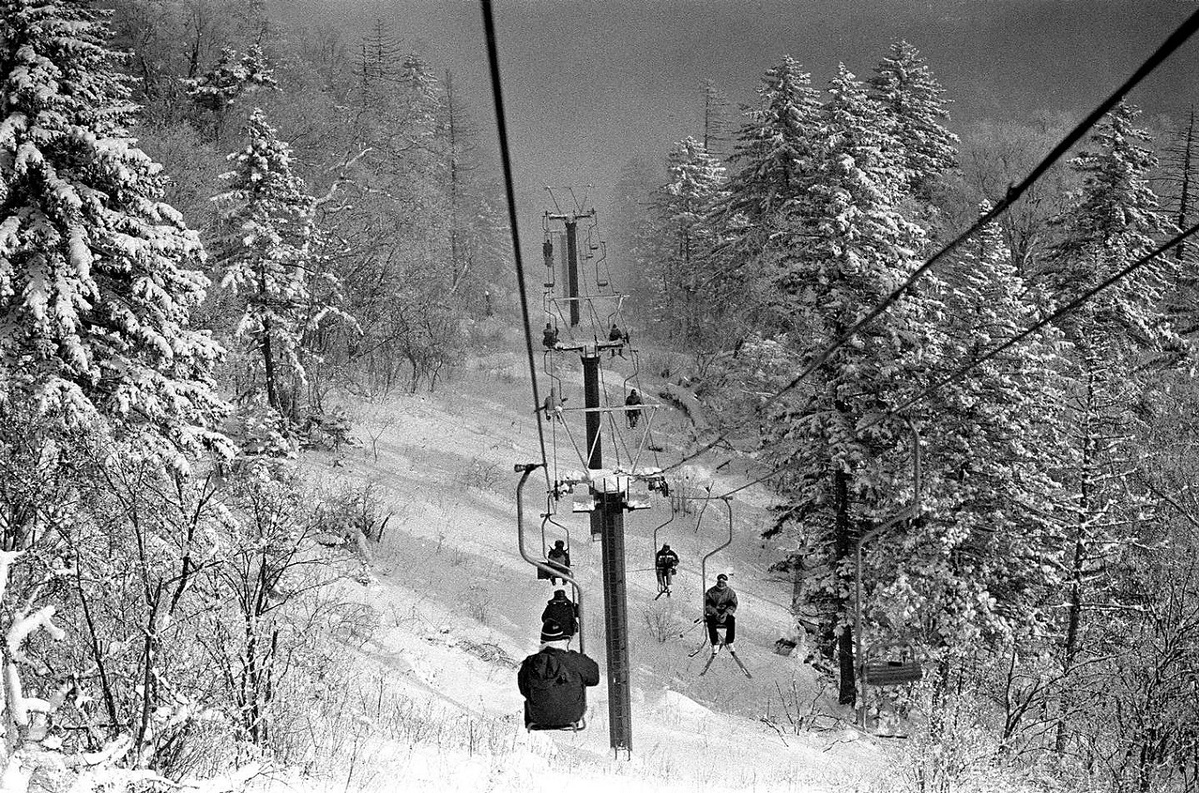

Dizzying new heights
With its snow season stretching up to 170 days and 150 of them ideal for skiing, Yabuli has long been a key winter destination for athletes and tourists. To ensure the smooth running of the Asian Winter Games, a massive 1.2 million cubic meters of artificial snow was generated for the event, covering eight competition venues and four training slopes.
When the region hosted the snow events of the 3rd Asian Winter Games in 1996, snow was scarce. Thousands of volunteers carried snow up the mountain to prepare the racing courses. On some days, as many as 2,000 people participated in this labor-intensive effort. This year, 70 snowmakers using 101 snow machines spent two months preparing the venue for competition.
Chen Changpeng, director of the Yabuli Sports Training Base, said the area was a hunting ground during the Qing Dynasty (1644-1911).
The first ski resort was established in 1974 by the provincial sports committee to facilitate training for competition. The decision to build the resort in Yabuli was driven by the region's heavy snowfall, high altitude and ample vertical drops, Chen said. Yabuli's highest peak rises to 1,374.8 meters, while its longest ski run extends to 5 kilometers.
Yabuli first gained national and international recognition in 1996, when Harbin hosted the 3rd Asian Winter Games. The resort's appearance on China Central Television's broadcast also helped draw the attention of tourists, marking the beginning of the region's transformation into a premier winter destination.
Former cross-country skier Qu Donghai made history at those 1996 games, becoming the first Chinese athlete to compete in the snow event. He secured a silver medal in the men's 15-km freestyle Cross-Country Skiing competition.
Looking back, Qu remembers basic conditions on the ski trails, outdated skis, worn gear, and minimal infrastructure. Yet, fueled by the cheers of the crowd, he managed to secure a place on the podium. He also recalls the striking image of volunteers carrying snow from the base of the mountain to prepare the surface.
Now 52, Qu is a member of the Asian Winter Games organizing committee, and oversaw event services for the competition zone in Yabuli. Having also served as a technical official at the Beijing Winter Olympics, Qu has witnessed firsthand the transformation of both Beijing and Yabuli into international-class winter sports venues.
"The ski trails have been widened, and all improvements were made in accordance with international competition standards," Qu said.